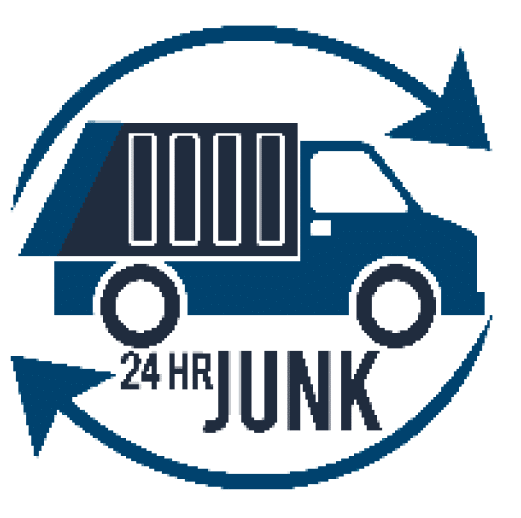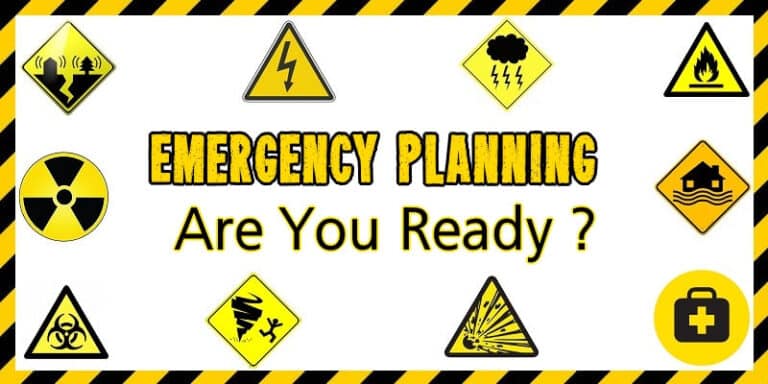Planning For Emergencies
We like to think there’s no place safer than home. But the sometimes harsh reality is that emergency situations can happen to any of us. Unless there’s a fire, a flood, a storm, or an earthquake. No matter where your home is, it pays to be safe and prepared.
While most of us will be highly unlikely to be the victims of natural disasters, a surprisingly large number of homes will potentially be. The vast majority of homeowners and families are woefully unprepared for an emergency.
Here’s a simple checklist to use as the start planning for emergencies:
- Discuss the dangers of fire, severe weather, earthquakes, and other emergencies, and how to respond to each.
- Find the safe spots in your home for each type of disaster
- Discuss what to do about power outages and personal injuries
- Draw a floor plan of your home. Mark two escape routes from each room
- Show family members how to turn off the water, gas, electricity at main switches when necessary
- Post emergency telephone numbers on refrigerators or home bulletin boards
- Teach children how, and when to call 911, police, and fire
- Instruct household members to turn on the radio for emergency information
- Pick one out of province and one local friend or relative for family members to call if separated during a disaster
- Teach children your out of province contact’s phone numbers
- Pick two emergency meeting places: near your home in case of a fire, outside your neighbourhood in case you cannot return home after a disaster
- Take basic first aid and CPR classes
- Keep family records in water and fire proof container
If you’ve experienced a recent emergency such as storm, flood, or fire call 24hr Junk. Our compassionate team will provide comforting service during the difficult time while you work to support your family.


